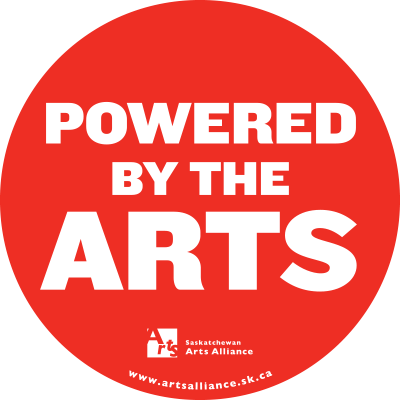Putting Arts On the Election Agenda – Current Issues
Information on current arts issues
If support of the arts is one of your interests in the upcoming election, here is information on current arts issues that may be of assistance when candidates approach you. The issues were endorsed by the arts community at the 2003 Arts Congress. See Suggested Questions for questions to ask your candidate and Quick Facts for interesting statistics on the arts and culture sector.
Background Information on Issues
1. Status of the Artist
Artists are mostly interested in making art. But they?re also concerned with putting bread on the table. The focus of the Status of the Artist initiative is just that: not art itself, but the bread-and-butter issues that surround the making of art. In 2002, the Status of the Artist Act was enacted with government?s plan to develop more substantial measures through amendments and regulations. To support this work, the Minister of Culture, Youth and Recreation appointed the Minister’s Advisory Committee on Status of the Artist whose term has now expired.
2. Saskatchewan Arts Board Funding
The provincial government funds the Saskatchewan Arts Board through the general revenue fund. In 2002/03, the Arts Board received $3,784,000, which represents a cut of 43.6% in real dollars from its allocation in the late 1980’s. While arts organizations have compensated by increasing their self-generated revenue in the last decade, their human and financial resources are stretched to the limit. SAA believes it is incumbent on governments to ensure sustainability of the arts sector, a sector fundamental to our society, and has repeatedly called for an immediate funding increase to keep pace with the needs of the arts community. An increase of a minimum of $1.5 million dollars by the centennial was announced in spring 2003. The SAA wants to make sure it happens.
3. SaskCulture Funding
SaskCulture Inc. works in partnership with Sask Sport Inc. and Saskatchewan Parks and Recreation Association to operate the Saskatchewan Lotteries Trust Fund for Sport, Culture and Recreation. SaskCulture is Trustee for the Culture Section of the Trust which supports a number of cultural funding programs and services.
Through a license agreement with the Provincial Government, the tri-global partners administer lottery funds generated from lottery ticket sales to support volunteer-driven sport, culture and recreation organizations and activities throughout the province. The lottery license agreement, which is negotiated every three years, determines a level of funding that goes back into the community. An agreement signed in April 2003 sets the license fee at 9.5% of gross lottery tickets sales. While this means stable funding at present, the tapering off of lottery revenues, due to increased expenses both in gaming and within the shared initiatives of the Trust, signal possible reductions in upcoming years.
4. Cultural Industries
The Cultural Industries Development Strategy (1997), written by government and cultural industry representatives provides a comprehensive vision for developing Saskatchewan cultural industries of film and video, book publishing, visual arts, craft, and music and sound recording. Recommendations were made related to infrastructure, investment, market development, training, regulation and policy, new technology and multimedia, some of which have been implemented. The Cultural Industries Development Council would like government?s commitment to advance the strategy.
5. Provincial Arts Policy
In April 2000, Saskatchewan Arts Alliance formally called on government to write a provincial arts policy that provides vision and guidance for all areas of government, reasoning a comprehensive policy is necessary for strategic development of the arts sector. In 2001, the government released the Provincial Cultural Policy Framework, a penultimate document. Culture, Youth and Recreation is currently drafting a document which if appropriate, all government departments should be encouraged adopt. SAA believes that a sound, visionary policy will have a positive impact on our sector and will benefit all people in Saskatchewan.
